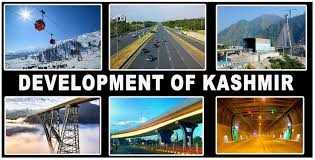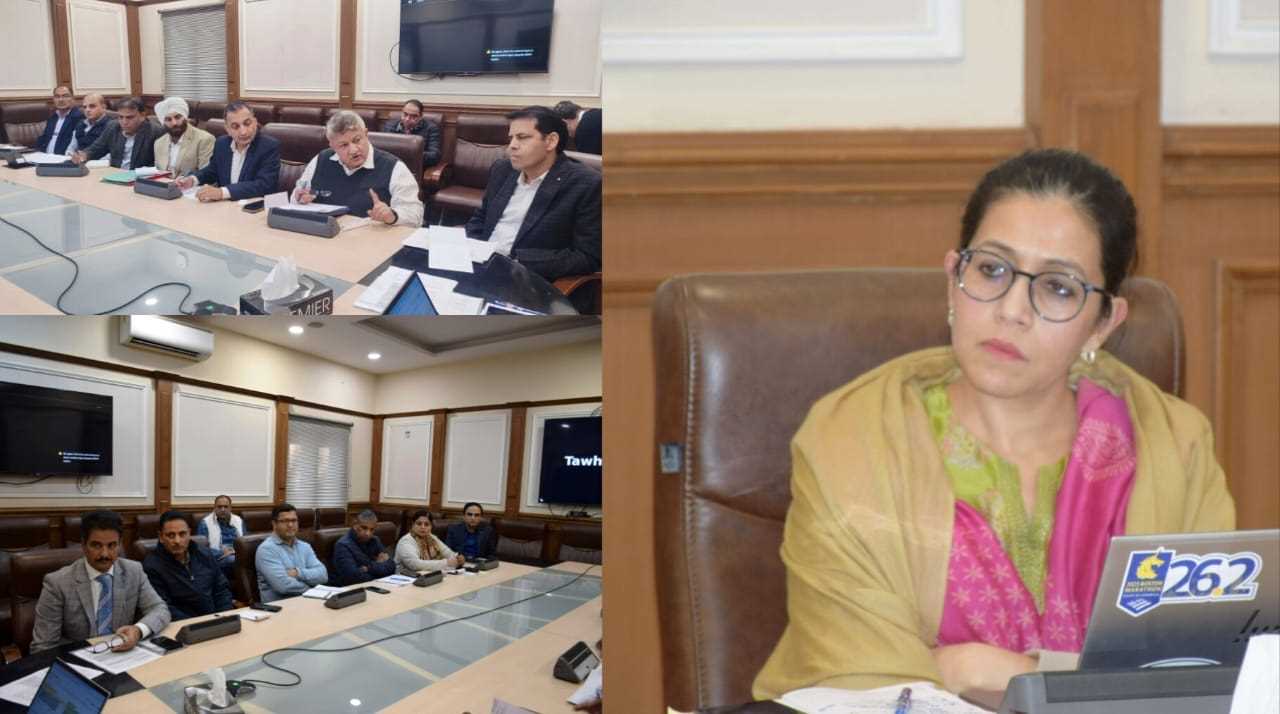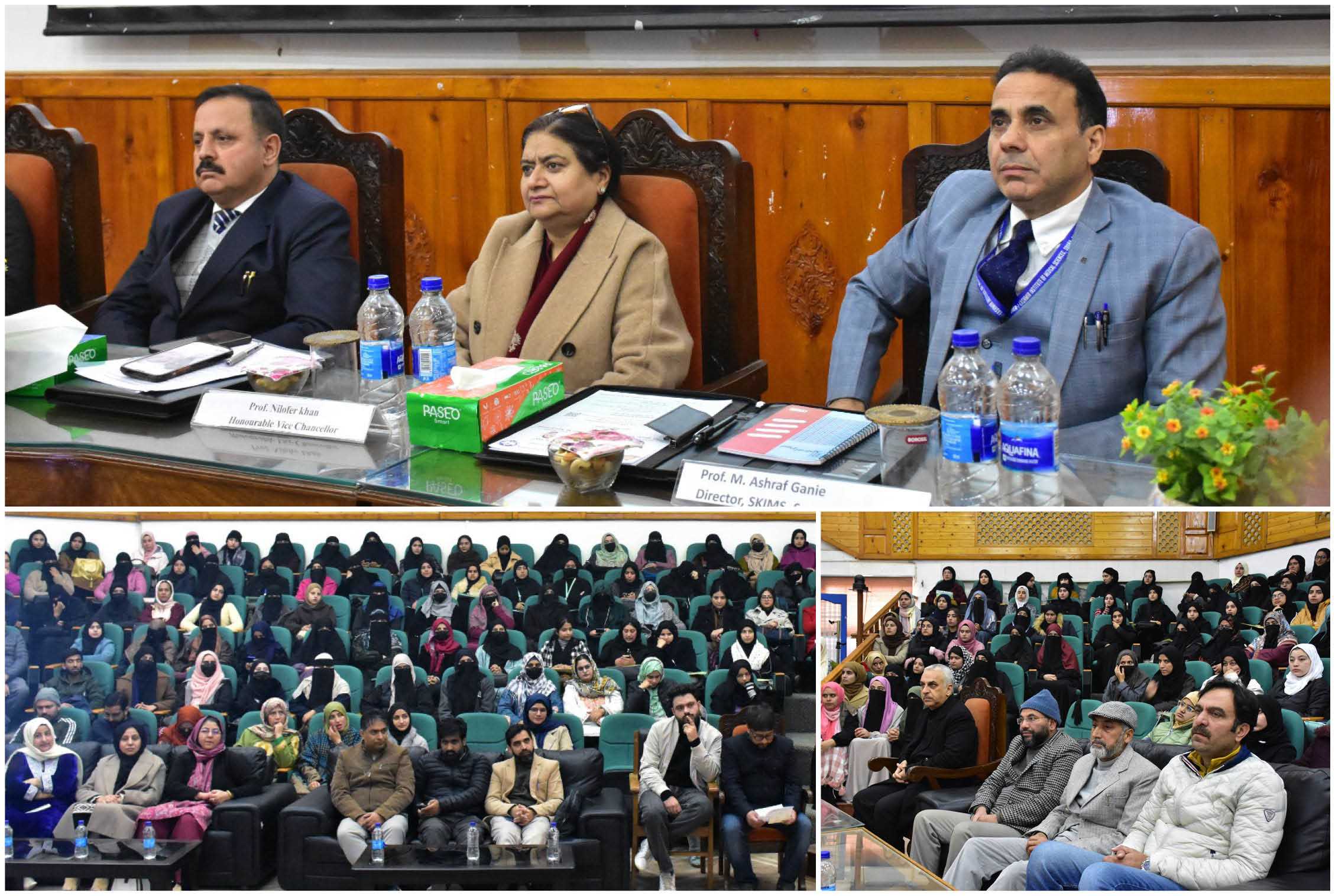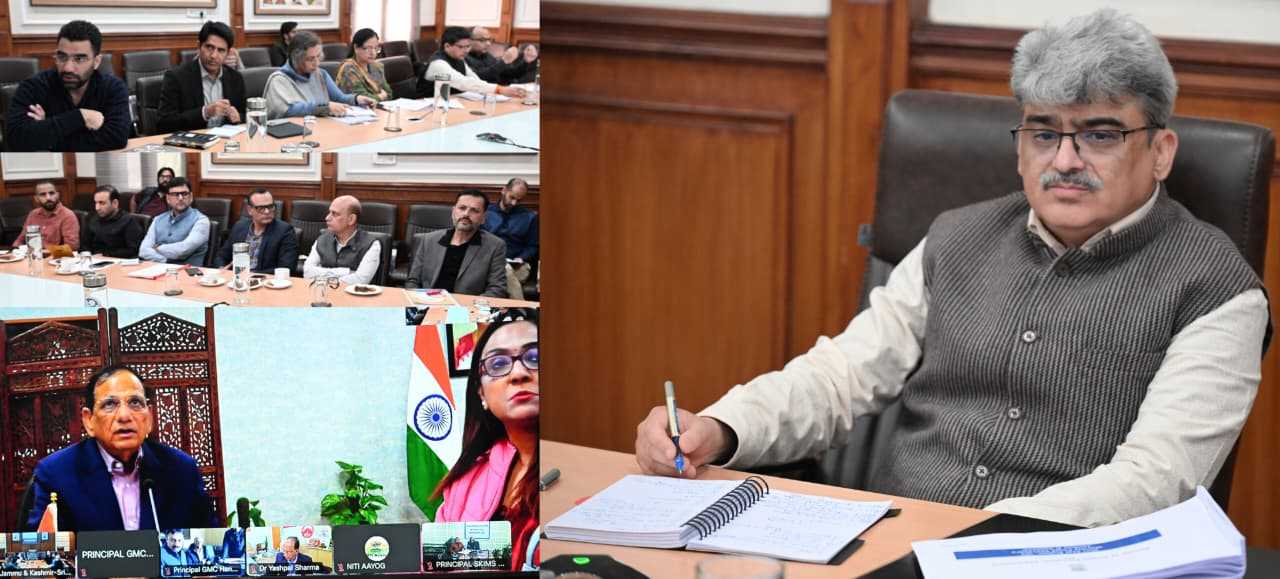For decades, Kashmir has been shaped by two contrasting approaches, one by events on the ground other by a battle of Pakistan driven false narratives. On one side, India has worked to maintain peace, protect its citizens, and counter terrorism. On the other side, Pakistan has repeatedly tried to disturb stability, promote radical ideas, support terror networks, and spread misleading narratives to confuse the world. These actions by Pakistan have deeply affected the region’s progress, security, and everyday life for the people of Kashmir. Pakistan has used propaganda as a tool to hide its own failures and to keep Kashmir disturbed. Today, these false narratives are once again resurfacing through online networks, foreign platforms and even some voices inside global institutions.
One such example is the recent UNHCR report, which highlights claims of gross human rights violations that exist mainly in Pakistan’s narrative, not in reality. According to the report, the UN expressed concern over what it described as human rights issues during India’s counter-operations after the Pakistan-backed Pahalgam attack that took nearly 30 innocent lives. It mentioned allegations of mass arrests, torture, demolitions, and communication blackouts. However, these claims do not reflect the situation on the ground and appear heavily influenced by misleading narratives pushed by Pakistan. It further accuses India of using security laws for arbitrary detentions and claims that collective punishment is being carried out against Muslim and Kashmiri communities. These assertions, however, are based on selective narratives rather than factual ground realities, and they closely mirror the long-standing misinformation that Pakistan continues to promote at international platforms.
As a common Kashmiri who has lived through the worst years, I can say with confidence that Kashmir is changing, and it is changing for the better. I have seen the days of endless shutdowns, stone pelting, peak terrorism, disrupted studies, closed markets and long communication blackouts. Anyone who has lived through that time can easily say that these new allegations are wrong, baseless and clearly motivated. Earlier, even a small attack would bring an immediate communication blackout, but those days are now history. After the recent Pahalagam terror attack, no such blackout happened. The truth is simple: if any so-called human rights violation exists, it exists only in propaganda. On the ground, the real action happened against terrorists on the Pakistan side, and it was meant to protect Kashmiri people and ensure peace.
Why does Pakistan persistently spread false narratives about Kashmir? The answer lies in the very foundation of its Kashmir policy, which depends on keeping the conflict alive. By blaming India, Pakistan diverts attention from its own economic crises, political instability, and rising extremism. This narrative also helps the Pakistan Army justify its vast budgets and maintain its dominant position. A peaceful, developing Kashmir undermines Pakistan’s long-standing claims, so it resorts to fear-mongering, misinformation, and attempts to influence international bodies like the UN for sympathy. Pakistan fears that global recognition of real progress in Kashmir would shatter its narrative, which is why it clings to outdated talking points. Rather than addressing internal challenges, it chooses to point fingers at India. Over time, this pattern of propaganda has become habitual, masking domestic failures. In essence, a stable and prosperous Kashmir is inconvenient for Pakistan, as it removes the very foundation of its narrative.
There is an Urdu saying: “Jinke apne ghar sheeshe ke hon, woh doosron par pathar nahi marte” (those who live in glass houses do not throw stones at others). Yet, Pakistan audaciously blames India over Kashmir while ignoring its own record. In the territories it occupies PoJK, Gilgit-Baltistan, and Balochistan, Pakistan has committed widespread human rights violations. The recent AAC (Awami Action Committee) protest highlighted these abuses, demanding accountability for oppression, forced disappearances, and suppression of dissent in areas it shamelessly calls Azaad Jammu Kashmir. Pakistan’s constant focus on India diverts attention from its internal crises: political instability, economic troubles, rising extremism, and systemic oppression in the territories it controls. A peaceful and developing Kashmir threatens this narrative, so Pakistan relies on fear, misinformation, and international lobbying to sustain sympathy. In essence, Pakistan’s habit of blaming others is a strategy to mask its own failures while continuing violations in its own “glass house.”
What is the real story on the ground in Kashmir? Contrary to Pakistan’s false narratives, life in the region is returning to normal after decades of Pakistan backed terror. Tourism has reached new heights, reflecting growing safety and confidence. Terrorism has been significantly weakened, allowing daily life to run smoothly. Markets and businesses operate without disruption, schools and colleges function regularly, and academic activities continue uninterrupted. Development projects are being executed steadily, elections are held on schedule, and civic life is thriving. The ground reality shows a region moving toward stability, prosperity, and normalcy far from the chaos and oppression Pakistan claims. The recent widespread protests against Pakistan following the Pahalgam terror attack exposes both Pakistan and the UNHCR’s claims regarding human rights violations. The overwhelming response of Kashmiris demonstrated their rejection of terrorism and false narratives. It also highlights the disconnect between ground realities and the distorted reports circulated internationally.
The United Nations, as a responsible global institution, must remain cautious and should never function under the influence of any one-sided narrative. Such statements not only hurt the sentiments of crores of Indians but also violate India’s sovereignty and integrity. They derail India’s efforts to maintain peace, fight terrorism in Kashmir, and at the same time offer Pakistan a convenient cushion to push false narratives, mislead the global audience, and play with the emotions of innocent Kashmiris. For the people of Kashmir who have suffered for decades because of Pakistan-backed violent terrorism and radicalisations such a report feels like a dagger in their chest. It provides moral cushioning to those who introduced the gun culture in the Valley and inflicted unimaginable pain and misery on ordinary families.
In conclusion, the real story of Kashmir is one of strength, recovery, and progress. Despite decades of Pakistan-backed terror and propaganda, life in the Valley is steadily returning to normal, with safety, development, and civic activities improving every day. Pakistan’s false narratives aim to mislead the world and hide its own failures, but the ground reality shows a Kashmir moving toward peace, stability, and prosperity. It is crucial for global institutions to recognize the truth, support factual reporting, not allow misleading narratives to overshadow the real progress that the people of Kashmir are experiencing and hold Pakistan accountable for its gross human rights violations it commits in its own backyard.
Email:---------------------------------alizaroon@112gmail.com







